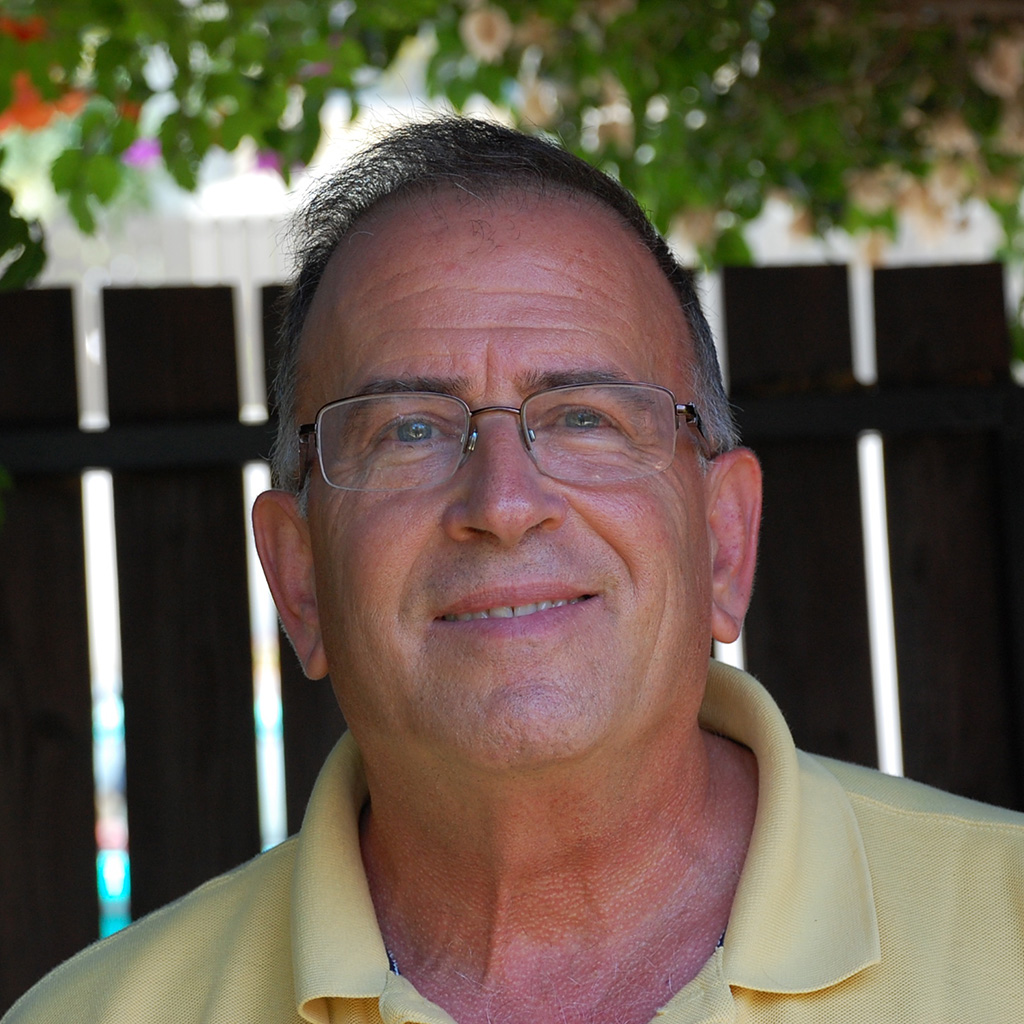The first edition was published in November of 2001. We insisted on collecting the necessary funds before we started working [on it] to avoid putting the project on credit or funding it ourselves - that seemed very risky. We received a grant that enabled us to publish the edition in Hebrew and Arabic, and we published these editions two days following the launch of the English edition. A year later, we realized that the English edition had become a huge success, while the Hebrew and Arabic editions had not. We continued to fundraise for advertising and promotion. For a certain period, the Hebrew newspaper, Ha'aretz, was sympathetic to our cause and published content from Bitterlemons.org in the upper left corner of the paper's front page.
Initially, we had reached out to elite readership in terms of the type of materials we offered and the writers we selected. Because of this, we refrained from setting up a chat forum and a talkback section, which to us, seemed to lower the level of readership. We were astounded to discover that 98% of the readers from Saudi Arabia who entered our site chose the English edition, rather than the Arabic one. A year after we realized that the elite tends to read in English, we ceased publishing in Hebrew and Arabic.
A year and a half later, in July of 2003, we launched Bitterlemonsinternational.com, which deals with the entire Middle East. The four writers, excluding Ghassan and myself, can write from anywhere. However, we continue to insist on the principle of equilibrium: if one writer is Iranian, there has to be an Israeli, too; if one writer is Lebanese, there has to be a Syrian, too. We broached the task of finding writers as a challenge. From the start, I was surprised by how easy it was to recruit Israeli and Palestinian writers. The more publicity the project received, the easier it became. Nobody, no matter how radical - Hamas or settler - will refuse presenting his views for people to assess if I let him write, reach out to over 200,000 readers and pay him to do it.
We set a rule from the outset called "the pigs and monkeys rule", which is a commitment to a basic civilized quality of writing - writers present their opinions, but politely. We've had cases where we've deleted expressions written on both sides, and we applied the same rule to the rest of the Middle East.
An additional project we are working on is Bitterlemons-dialogue.org, which enables ongoing dialogue. We budgeted twelve such dialogues and we've produced ten over the past three years. These dialogues are very interesting but it's been difficult finding participants and maintaining them.
We now want to launch a fourth project: a yearlong project of weekly editions dedicated solely to the Arab League's Peace Initiative called BitterlemonsAPI.org. This initiative will be at the center of Internet discussions for a year. For the first time, Ghassan and I will attempt to publish a document we both agree on, a sort of road map for realizing the Arab League's Peace Initiative. If we receive the funding, the project will begin at the end of 2010.
